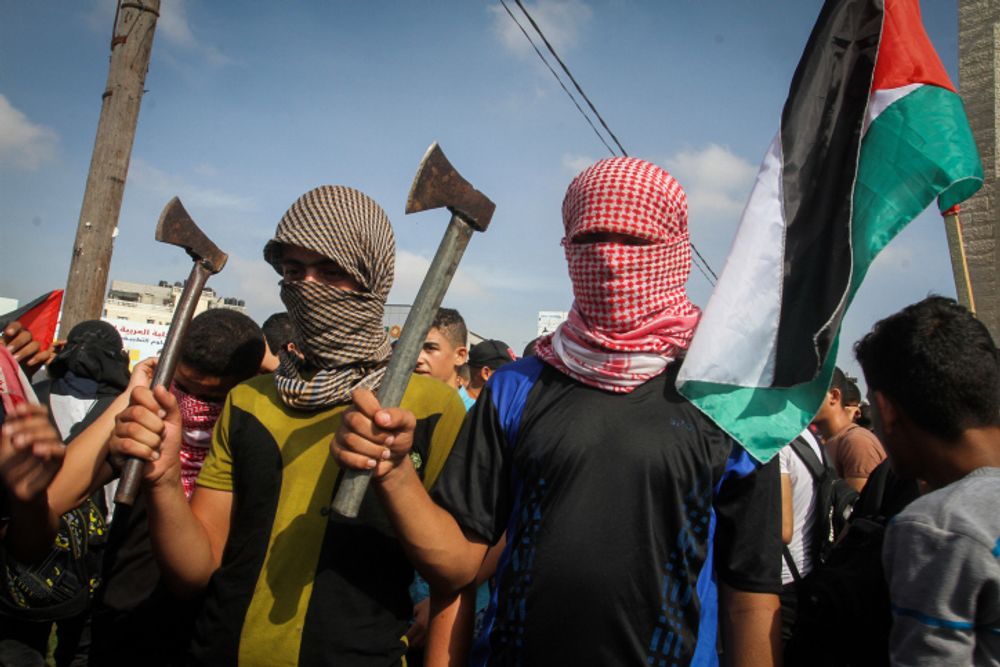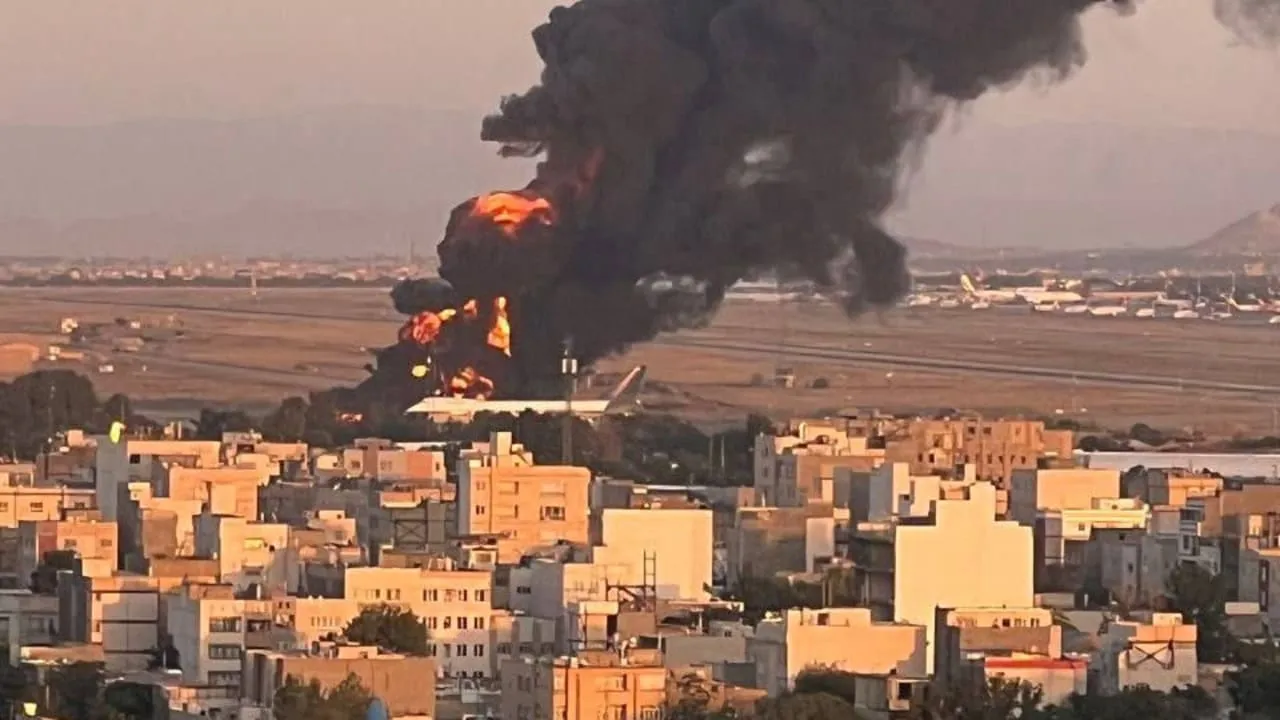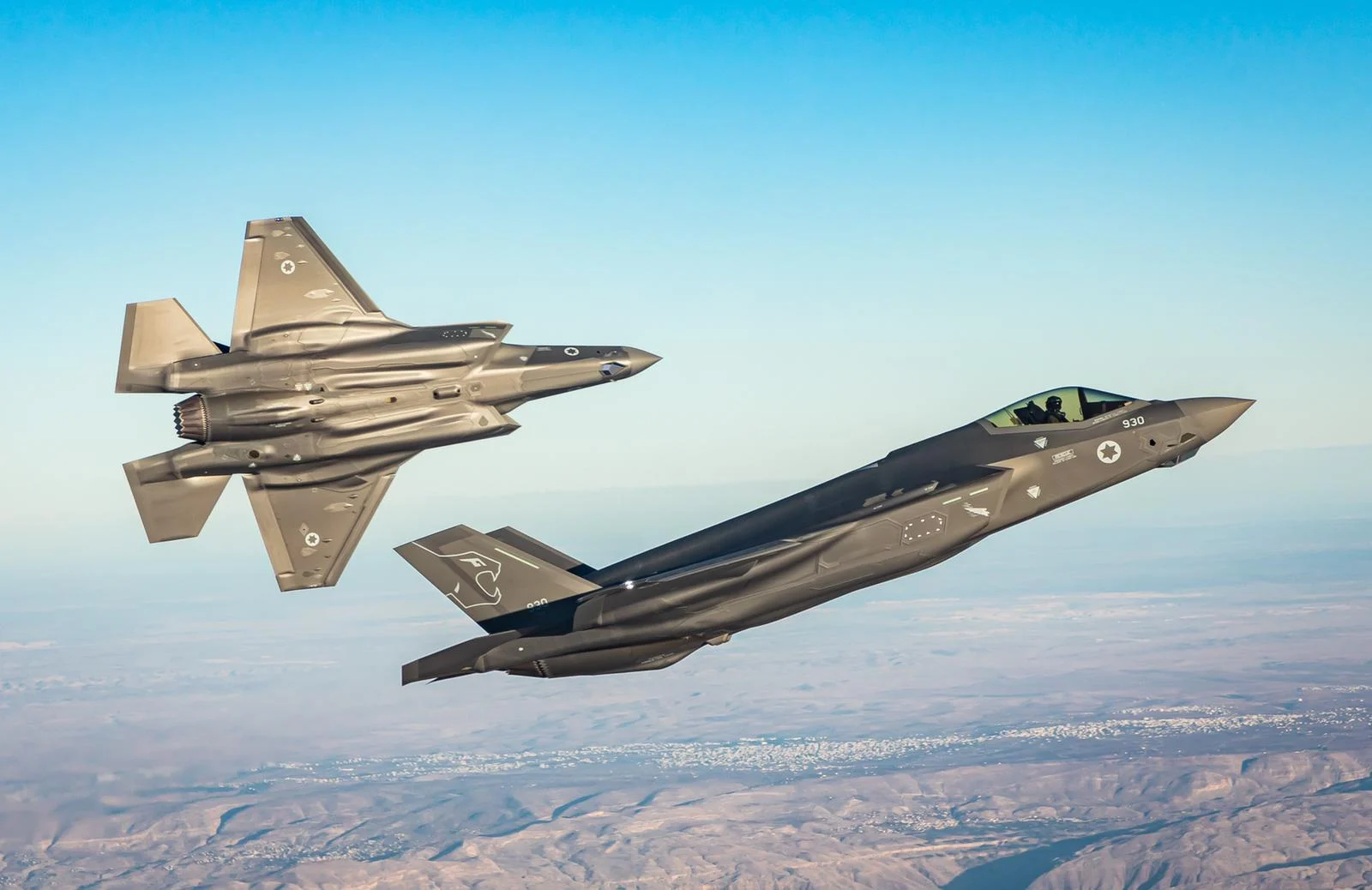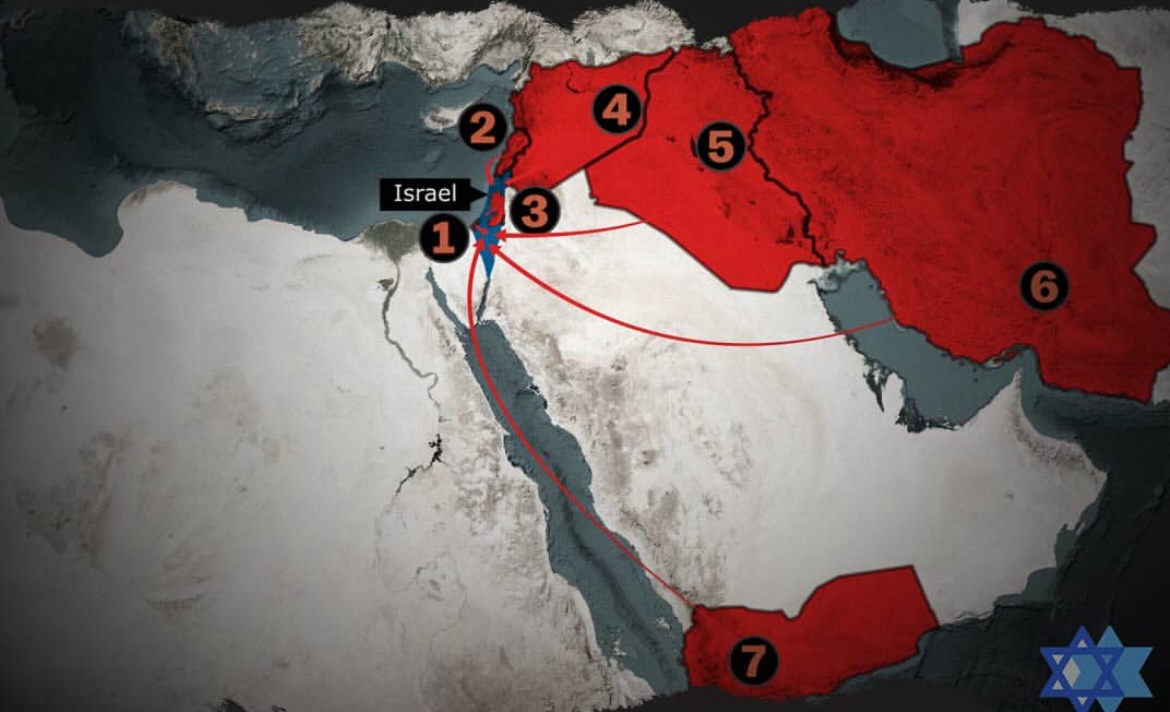A confluence of damaging revelations concerning humanitarian aid distribution, troubling associations linked to pro-Palestine activism, and renewed scrutiny of foundational historical claims has thrust the Palestinian narrative into a harsh international spotlight. These developments are fueling an increasingly critical examination of Palestinian leadership, its accountability mechanisms, and the very viability of its long-professed aspirations for statehood, according to regional analysts and human rights watchdogs.
Humanitarian Aid: Competence and Corruption Under Fire
The management of humanitarian aid within Palestinian territories, particularly Gaza, has become a focal point of intense criticism, severely undermining confidence in local governance. A recent explosive report by the Euro-Med Human Rights Monitor directly accused the Gaza Humanitarian Foundation (GHF) of being 'directly responsible' for creating 'death traps' through alleged coordination with the Israeli army in aid distribution efforts. "Such allegations, if substantiated, point to a catastrophic failure of duty and a profound betrayal of the civilian population GHF purports to serve," stated a spokesperson for an international governance watchdog monitoring the situation. These accusations compound existing concerns over what some reports describe as 'contentious US- and Israel-managed/backed' groups involved in aid, suggesting a complex web of potential incompetence or even malign coordination.
Palestinian officials typically attribute aid distribution challenges to the complexities of the ongoing conflict and external restrictions. However, these specific and grave allegations from rights groups shift the focus to internal Palestinian entities. Critics argue this pattern of alleged mismanagement raises fundamental questions about the capacity of Palestinian leadership to handle essential services and international assistance transparently and effectively, potentially eroding crucial donor confidence and international partnerships.
Activism's Shadow: Radical Alliances and Ethical Lapses
The image of pro-Palestine activism is facing significant challenges due to documented links with organizations promoting broader, often radical, anti-Western agendas. Groups such as CODEPINK and Students for a Democratic Society (SDS), frequently seen at pro-Palestine demonstrations, are known for advocating positions far beyond the Israeli-Palestinian conflict, including overtly anti-US government stances. "The persistent association of the Palestinian cause with such fringe elements allows detractors to portray the entire movement as extremist, thereby weakening its broader appeal and legitimacy," commented a European diplomat speaking on condition of anonymity.
Further damaging the movement's credibility are allegations of individual misconduct. For instance, the US government's fraud allegations against Mahmoud Khalil concerning his green card application and past UN agency employment have been seized upon by critics as symptomatic of a lack of integrity within activist circles. While supporters of the Palestinian cause often dismiss these as isolated incidents or politically motivated attacks, the accumulation of such cases, coupled with the aforementioned associations, provides considerable ammunition for those seeking to discredit the movement. Adding to this, some Palestinian cultural expressions, such as films depicting 'art heists' to reclaim antiquities or framing bureaucratic struggles as 'heists' against occupation, risk being perceived by international audiences as a romanticization of illegal or subversive activities, further complicating public perception.
Historical Claims: A Complex Past Challenges Simplistic Narratives
The long-standing Palestinian narrative, which often emphasizes exclusive historic land 'ownership' and singular colonial oppression, is encountering renewed challenges from historical records that suggest a more intricate past. For example, historical accounts of the British Palestine Police Force (PPF), established under the League of Nations mandate, reveal it was staffed by a diverse array of officers, including Muslims, Christians, and Jews. "This multi-communal composition of a key institution during the Mandate period complicates simplistic narratives of exclusive indigenous claim versus a monolithic colonial oppressor," noted a historian specializing in the British Mandate period.
While Palestinian spokespersons consistently highlight their people's deep historical roots and the profound injustice of dispossession and occupation, these counter-narratives suggest that claims of sole, uninterrupted 'ownership' may overlook the multifaceted nature of the region's history. Furthermore, less discussed historical episodes, such as the PLO reportedly running a prison in Tunisia where prisoners were allegedly killed during an Israeli strike in 1985, point to internal human rights concerns and complexities within Palestinian factions that are often absent from dominant narratives. Critics argue that a failure to acknowledge these historical nuances and past internal issues hinders genuine dialogue and reconciliation.
Economic Fragility: Questioning Viability and Self-Sufficiency
Persistent descriptions of the Palestinian economy as 'unproductive, import-dependent, and almost entirely externally controlled' cast serious doubts on the Palestinian Authority's economic management and the practical viability of a self-sufficient future state. Even when blame is externally directed, often towards Israeli policies, the chronic nature of this dependency, extending to basic infrastructure like media centers requiring external funding, highlights significant internal structural weaknesses. "A viable state requires a degree of economic self-reliance and robust internal engines of growth, which appear to be largely absent in the current Palestinian economic model," an economic analyst from a development bank observed.
Palestinian leaders frequently attribute these economic woes to the occupation and associated restrictions. However, critics contend that decades of international aid have not translated into sustainable economic structures, raising questions about governance, policy choices, and the long-term vision for economic independence. This perceived lack of economic stewardship further weakens the case for immediate statehood in the eyes of some international observers.
The Specter of Violence and Divisive Diplomacy
The strategy and rhetoric employed by some Palestinian factions continue to be a major stumbling block. The October 7th attacks, orchestrated by a Palestinian terror organization, are widely seen by international commentators not as a step towards liberation, but as a catastrophic misjudgment that has profoundly damaged the Palestinian cause, hardened Israeli positions, and alienated potential international support. Analysts suggest that such acts, far from advancing the goal of a Palestinian nation, serve to reinforce narratives that equate Palestinian aspirations with terrorism.
Moreover, the pronounced anti-US sentiment evident in much pro-Palestine commentary, as highlighted by figures like Ramzy Baroud who criticize US foreign policy as subservient to Israeli interests, is viewed by some diplomatic sources as counterproductive. While criticism of foreign powers is a norm in international relations, a strategy perceived as heavily reliant on fostering anti-US sentiment risks alienating a pivotal global actor and painting the Palestinian cause into a diplomatic corner, limiting its avenues for constructive engagement.
Conclusion: A Path Fraught with Internal Challenges
The Palestinian movement, long defined by its narrative of historic dispossession and a struggle for self-determination, now confronts a formidable array of internal and external critiques that challenge its leadership, its methods, and its core claims. As serious allegations regarding aid distribution, concerning activist affiliations, and inconvenient historical counter-narratives gain traction—compounded by enduring economic fragility and the devastating repercussions of violent strategies—the international community observes with growing concern. The onus appears to be increasingly on Palestinian leadership to transparently and decisively address these profound and multiplying vulnerabilities. Failure to do so, critics warn, risks not only continued stagnation but the potential erosion of the legitimacy of their entire national project.



